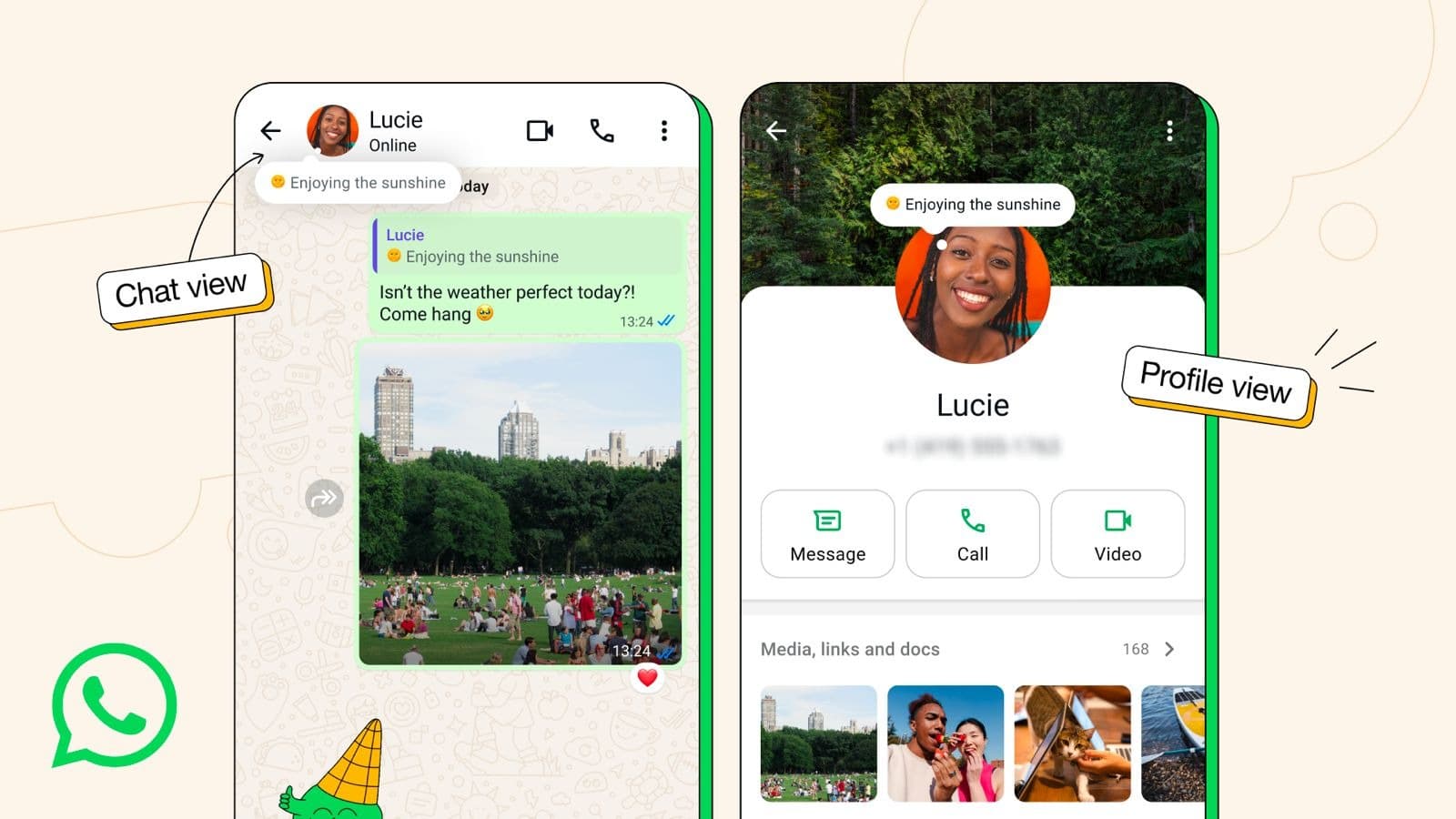You probably haven't heard of Read AI. The company has quietly been making a name for itself in the crowded AI space, signing up 50,000 customers daily in recent months. At first glance, Read AI resembles apps like Otter.ai. You can use the software to transcribe and summarize meetings, but it's also more ambitious than that.
"It's AI on standby," Read AI CEO David Shim explains, adding that the company's vision is to give people a tool that can record, transcribe and analyze nearly every professional conversation they have, no matter where those discussions take place and whether they occur online or in-person. Today, Read AI is taking a major step toward realizing that vision with the release of its new Operator agent (I'll admit, the company could have picked a more original name), and new apps for Windows, macOS and Android.
Between its own software, including an existing iOS app, and third-party integrations, Read AI users can now connect their accounts to more than 22 other platforms. Some of the more notable inclusions there are Gmail, Outlook, Slack, HubSpot and Notion. More importantly, with Read AI's mobile apps, you can record impromptu in-person meetings; the company has data showing that more than half of professional conversations occur outside of online spaces.
In any case, no matter where you talk to your colleagues, Operator is there to generate notes and insights. "We don't just look at meetings," Shim says. "We look at topics that are interesting to you.” To that end, Read AI has built a series of in-house multimodal models that look for context beyond what's said during any interaction you record. For example, the company's systems are designed to catch when you enthusiastically answer a question or look away in disinterest, and use that data to decide how the software goes about summarizing your meetings.
"That context is what enables us to identify what is valuable to you, and make that discoverable," says Shim. One way Read AI will surface those insights is through a feature the company calls Monday Brief. At the start of every week, you'll get a summary of all the calls and conversations you had over the last seven days, with suggestions for follow-up actions you can take.
Now, you might be wondering, like I was, how Read AI hopes to compete in a market where a company like Microsoft is aggressively pushing Copilot on its users. If Shim is worried about the big players, he doesn't show it. "There's a need for an independent third party," he says. "There's always something new coming out. And that ability to be the independent third-party that plugs into different solutions is actually what consumers want and need." To his point, since the launch of Copilot two years ago, Read AI has seen a 20x increase in the daily number of people using its software alongside Microsoft Teams. "We've seen the same thing along those lines for Zoom and Google Meet."
He believes the company's approach to data privacy is another differentiator. By default, users are opted out of their data being used for training Read AI's future models. Shim also notes the company takes recording disclosure seriously. "You need to notify people that you're [recording] a call, and we put that front and center every single time."
If you want to try Read AI, the company offers a free plan that includes five meeting transcripts per month. Pricing for its paid subscriptions start at $19.75 per month.
This article originally appeared on Engadget at https://www.engadget.com/ai/read-ai-is-building-a-note-taking-app-that-works-nearly-anywhere-130000235.html?src=rss
